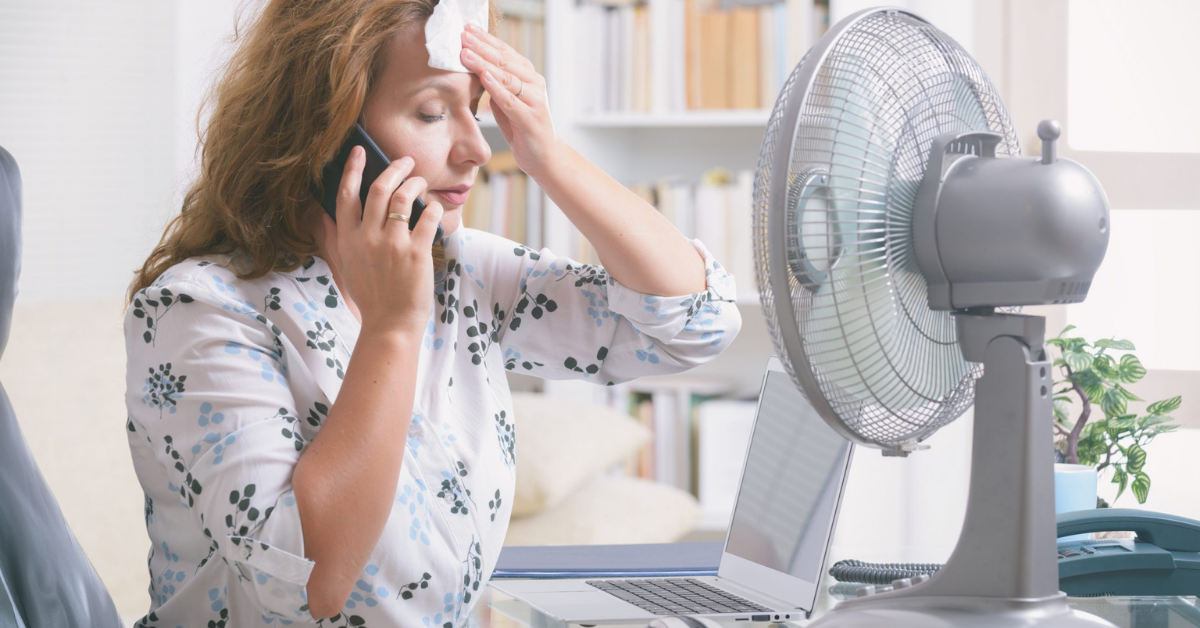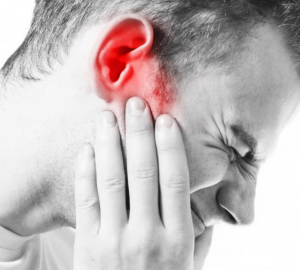With a sudden rush of heat from your chest to your head, you know that an attack of hot flash is coming towards you. Your skin reddens, and you sweat visibly. Often, the episodes occur at night, disturbing your sleep and leaving you and your bedsheets drenched.
When a woman goes through menopause – hot flashes are the most common side effect she goes through. When your body goes through hormonal changes in life, and the production of estrogen and progesterone is decreased. Now, you will no longer have a menstrual period.
However, these changes are not as simple as you think. It will happen gradually. These flashes will begin in the transitional years before your periods stop completely. Hot flashes tend to last for 5 to 10 years while diminishing in severity and frequency over time.
Menopause is defined as the change in a woman’s reproductive cycle, marked by the end of menstruation and fertility.
It is a natural biological process and is not a disease or disorder. When a woman has no period for 12 consecutive months, then menopause is confirmed.
The decreasing levels of estrogen and progesterone during menopause leads to hot flashes, night sweats, anxiety, depression, vaginal dryness, insomnia, bladder problems, dry skin, thinning hair, memory problems, and mood swings.
Other irritating symptoms often coincide with hot flashes, includes:
- Weight gain
- Mood swings
- Depression
- Loss of libido
- Sexual dysfunction
Luckily, there are several home remedies for hot flashes. You can choose different ways to treat hot flashes, from herbal medicines to dietary changes. Keep reading to learn how you can use natural remedies for hot flashes to stay calm.
Effective Home Remedies for Hot Flashes
Hot flashes are no joke, and you will want to get rid of them as soon as you can! If you are one of those people who believe in natural remedies, then look no further. Below are some of the best home remedies for hot flashes that can help you
Black Cohosh
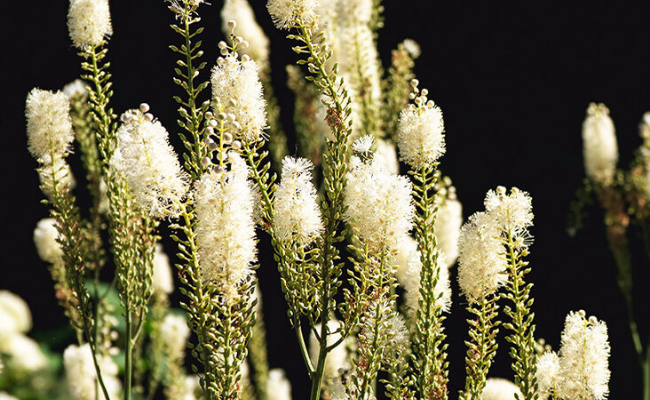
It is one of the most popular herbs that act as one of the best natural remedies for hot flashes. It can also counter other menopausal symptoms. There are capsules and tea in the market that use the roots of black cohosh. This herbal remedy is from the beneficial buttercup plant family.
The roots and rhizomes of black cohosh bind to estrogen receptors or stimulate serotonin receptors, relieve inflammation and anxiety, and aid sleep.
According to The National Center for Complementary and Integrative Health, studies lasting up to 12 months didn’t show any harmful effects of the herb. However, there is currently no evidence of long-term studies.
Remifemin is one of the most used pills that contains black cohosh extract.
However, there is one drawback of black cohosh as it is hard for the liver. So, people who have a history of liver disease should not take black cohosh.
On the other hand, women who take this herb should be aware of its effects like liver failure or jaundice. Jaundice can be life-endangering and will require immediate medical attention.
Common signs of jaundice include:
- Yellowing of the skin and eyes
- Loss of appetite
- Upper stomach pain or cramping
- Dark urine
- Nausea or vomiting
- Extreme tiredness not due to exercise or lack of sleep
You Will Need:
- 500 mg black cohosh supplements
- Black cohosh tea
How to:
- All you have to do is to consume 500 mg of black cohosh supplements daily.
- Alternatively, you can also make and sip black cohosh tea.
It isn’t recommended for those who are pregnant or breastfeeding or have breast cancer.
Avoid Trigger Foods
Certain foods are known to trigger hot flashes, sweating, and mood swings – which are the typical indication of menopause. These foods are more damaging when eaten at night.
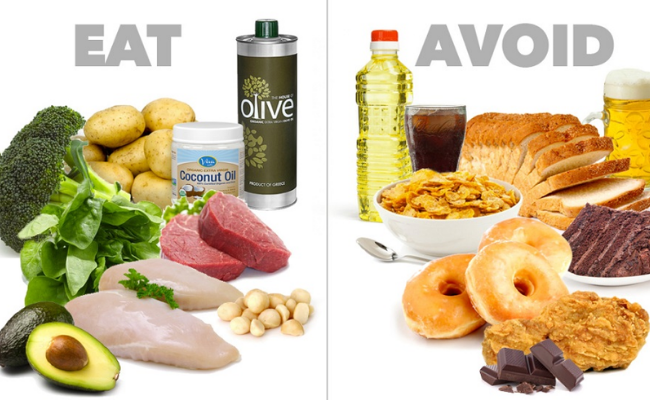
Among them, caffeine is one of the most dangerous stimulants. Food and drinks that contain caffeine may aggravate hot flashes. Ensure that you don’t consume more than 300 milligrams of caffeine per day or around one-and-a-half cups of coffee.
If you are consuming more coffee than that, you need to stop caffeine intake and slowly replace caffeinated drinks with choices like water and decaf coffee. Otherwise, you may develop hot flashes symptoms like headaches and fatigue due to caffeine withdrawal.
Additionally, if you are on a diet, then avoid consuming coffee. Loading up the caffeine will make all your diet efforts go down the drain.
Studies have shown that coffee, caffeinated drinks, and alcohol are prime triggers for hot flashes. Additionally, high levels of caffeine in the blood can be detrimental to bone health too.
Chest pain is one of the symptoms of hot flashes. On the other hand, a high amount of caffeine can stimulate the nervous system and the cardiovascular system to trigger a hot flash.
Make a diary and note down the particular foods that trigger your menopause symptoms. Trying to reduce the consumption of triggering foods, or avoiding them ultimately would be best for you. If you are looking for natural remedies for hot flashes, avoiding these foods can effectively help you deal with the condition.
Eat Responsibly
Maintaining body temperature is very necessary for women with menopause. However, some specific foods and beverages naturally increase body temperature and worsen hot flashes.
For example, spicy foods, caffeinated beverages, high-fat and high-sugar diets, and alcohol have all been considered stimulants of hot flashes. They can even increase the severity and frequency of hot flashes.
According to a study, the Mediterranean diet, which features fresh vegetables, fruits, and whole grains, is one of the best home remedies for hot flashes.
Keep sipping cool beverages throughout the day to keep your body temperature down. That can help you reduce hot flashes.
Take the help of a plant-based diet. Eating a varied diet with plenty of whole grains, fruits, and vegetables promotes a healthy weight, decreasing hot flashes.
Soy-rich foods are considered one of the best natural remedies for hot flashes. Soy is so effective since it is rich in isoflavones, which have effects similar to estrogen supplements.
Include soy milk, tofu, and edamame in your diet, as these food items contain loads of soy.
Decreasing estrogen levels is the prime reason for hot flashes and other problematic menopausal symptoms. Eating foods that are good for increasing.
Make your diet using plant-based food items like soya beans, chickpeas, lentils, flax seeds, and fruits, as they can mimic an estrogen-like effect in the body. Using these foods is simple as they contain plant estrogen that can help you reduce hot flashes symptoms.
Legumes are very effective in treating hot flashes as they are natural sources of phytoestrogen and isoflavones. These components bind with our body’s estrogen receptors and boost estrogen levels.
Exercise Often
Weight gain is one of the side effects of hormonal changes that occur in menopausal women.

This can also lead to hot flashes because the fat in your body traps the heat. Furthermore, the blood vessels in obese people bulge more while facing a stressful situation or heat. This will lead to an increased blood supply to the skin’s surface, making one feel hot.
According to a study, investing just 300 minutes per week in exercise and consuming 1100 to 1500 calories a day can help you treat the symptoms of hot flashes.
Engaging in regular physical activity is known as one of the best home remedies for hot flashes as it helps improve your overall health.
Aerobics is one of the best exercises for women who want to reduce weight. This will lead to a decrease in the intensity of hot flashes over time.
Stress is another reason why women go through hot flashes. Epinephrine is released when you are under stress, which increases body temperature and sweating. Try relaxing activities and meditation to avoid stress, as these exercises can help reduce the severity and frequency of hot flashes.
Recommended relaxation exercises include:
- Yoga
- Guided thought
- Mediation
- Tai chi and qi gong
- Acupuncture
- Talk therapy or counselor services
- Massage
- Breathing exercises
Read More: A Simple Guide To Yoga And Benefits Of Yoga Exercise.
Ginseng Tea
Ginseng is known to be one of the most effective natural home remedies for hot flashes and for relieving the symptoms in menopause. Some studies have shown that consuming red ginseng helps your body to maintain cardiovascular health in postmenopausal women.
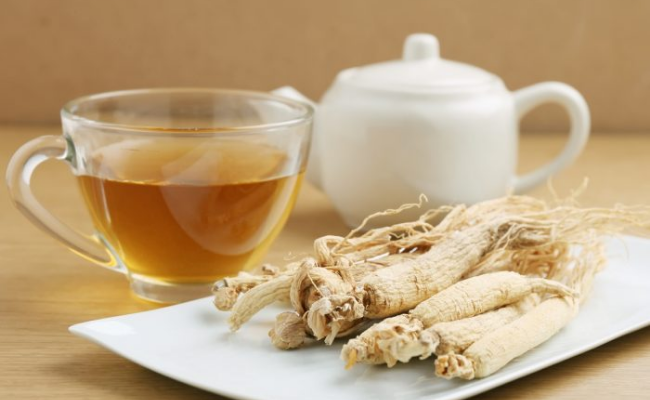
Ginseng is brimming with anti-inflammatory and anti-fatigue properties. Due to this, drinking ginseng tea can help you relax and restore energy. Additionally, it can also help you sleep better. Due to all of these properties, ginseng is widely used for treating hot flashes symptoms.
You Will Need:
- Three teaspoons of ginseng tea
- One cup of water
- Honey (optional)
How to:
- In a cup of water, add three teaspoons of ginseng tea.
- Bring this to a boil in a saucepan.
- Once cooled, pour some honey.
- Drink the tea right away.
- Do this thrice daily for effective results.
Read More: Useful Ayurvedic Herbs.
Add Vitamins
Getting vitamin D is free as all you have to do is go to your terrace in the early morning and stand under the sunlight. Our skin produces vitamin D naturally when coming in contact with natural sunlight.
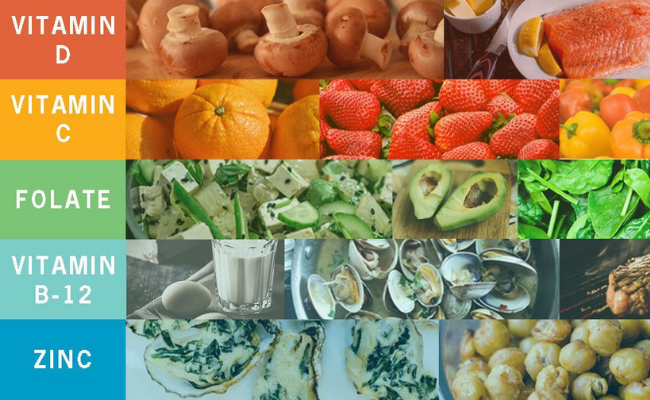
However, if you are not out in the sun frequently or cover your skin, take supplements or increase foods to boost your vitamin D.
This diet includes oily fish, eggs, cod liver oil, and foods fortified with vitamin D. So, add these foods to your diet, and it can help you treat and manage the symptoms of hot flashes.
Another vitamin that can help you is vitamin E. Foods enriched with vitamin E can substitute for estrogen. Regular consumption of these foods can help you regulate and control hot flashes, mood swings, night sweats, and vaginal dryness.
Vitamin E is like a wonder vitamin for you if you are going through menopause. The antioxidants present in vitamin E can help your skin and hair health. Additionally, it will reduce the inflammation in your arteries that can help counter hot flashes.
We know how the antioxidant properties of vitamins C and E can help improve the hot flashes symptoms. Likewise, folic acid or vitamin B 9 is one of the best home remedies for hot flashes. These vitamins can help you reduce the severity and duration of hot flashes in menopausal women.
After consulting your doctor, you can take supplements or include food items like citrus fruits, leafy vegetables, soy, and nuts to provide your body with enough vitamins.
Wear Loose Clothes
Unless you live in Antarctica or Alaska, where everything is covered with snow, try to avoid dressing in layers that can make you sweat too often and increase your body temperature. As an alternative, wear comfortable cotton clothes that let your body breathe easily and keep you cool.
Also, make sure you don’t wear clothes that are tight in the abdomen or the crotch.
The reason for avoiding tight clothes is simple. These clothes can make hot flashes more intense, so put away those form-fitting outfits. Choose clothes that are comfortable and if you can then add stretchy clothes into your wardrobe for a while.
Pajamas made of cotton are considered the best clothing item by many women. It will also absorb moisture from night sweats. So, wear loose clothing and keep your hot flashes symptoms in control.
Final Words
Once menopause starts, your body changes a lot, and its symptoms can last for a few years or longer. That doesn’t mean you have to suffer the pain and agony of hot flashes. You can reduce the heat before it creeps up on you by trying these home remedies for hot flashes.






